This article was medically reviewed by Farah Khan, MD. Dr. Farah Khan is a Board Certified Allergist and Immunologist who graduated from fellowship in 2020. She specializes in asthma, food allergy, skin conditions, and rhinosinusitis care, and treats both adult and pediatric patients. Dr. Khan holds an MD from Ross University School of Medicine. She completed her Pediatric Residency training at INOVA Children's Hospital and her fellowship at Virginia Commonwealth University. Dr. Khan is an active member of the American Academy of Allergy, Asthma and Immunology as well as the Clinical Immunology Society.
This article has been viewed 31,050 times.
If you or someone you love has been prescribed an EpiPen, you may be wondering where and how to store it. After all, you want your EpiPen to be in best working condition if it is ever needed. Store your EpiPen in a readily available, room temperature environment until it needs to be used, it expires, or it becomes damaged.
Steps
Storing Your EpiPen Safely
-
1Keep your EpiPen in its carrier tube with the safety release cap on. The written guidelines for use should be included. The EpiPen, in its carrier tube, should remain in an insulated wallet if it is exposed to temperatures outside of room temperature ranges, or if it is frequently kept in a bag subject to fluctuating temperatures.[1]
-
2Store an EpiPen at room temperature.[2] Your EpiPen should remain at room temperature most of the time. However, for day trips, the EpiPen may temporarily be in environments of 15-30° Celsius (59-86° Fahrenheit). Check your EpiPen for damage and consult a health care provider if you accidentally leave the EpiPen outside of room temperature overnight.[3]
- For a day at the beach, try an insulated cooler pack, or wrap a towel around an ice pack and put your EpiPen in the cooler.
- For a ski trip or other time spent outdoors in the snow, try a waist carrier that can be worn under the coat. Body heat should keep the EpiPen warm enough.
Advertisement -
3Keep your EpiPen in a dark place. Exposure to bright light can damage the epinephrine solution. Keeping the EpiPen in an insulated bag during trips, or an unlocked cabinet at home, will help to keep it both dark and at the proper room temperature.
-
4Have an EpiPen available at places most frequented. Someone who may need an EpiPen injection should have one available at home, at work, at school, at daycare or camp, or at a gym or vacation home. Ask a healthcare provider about obtaining multiple EpiPens for each needed location.
-
5Keep your EpiPen out of reach of small children, but don't lock it up.[4] Small children should not have access to an EpiPen until they are of an age that they can self-administer an injection if ever needed. EpiPens should remain in an unlocked location that is known to caretakers so they can have quick access to it if needed.[5]
-
6Pack your EpiPen carefully for air travel. If you are traveling by air, you can bring your EpiPen onto the plane with your or put it in your checked baggage.[6] Since the cargo holds of planes are not temperature controlled, be sure to keep your EpiPen well insulated if you decide to check it through, and pack it in a well-padded part of your luggage to prevent damage.
- If you carry on your EpiPen, you can ask airport security to visually inspect it rather than putting it through the X-ray scanner, if you prefer.[7]
Disposing of a Damaged, Expired, or Used EpiPen
-
1Check the viewing window for damage regularly. There is a clear window near the tip on the EpiPen where you can check to see if the solution changes in any way. Replace your EpiPen if the solution inside becomes brown or otherwise discolored, if it becomes cloudy, or if it contains sediment.[8]
-
2Keep track of the expiration date on your EpiPen. Use the expiration date on the EpiPen itself as opposed to the date on its box, if they are different. Mark this date on a calendar and prepare to replace your EpiPen prior to this date.[9]
- An expired EpiPen may be less effective, but it should still be used if there is no other option in the case of an allergic emergency.
- In the case that you have 2 expired EpiPens on hand, use the one with the date closest to the current date. [10]
-
3Have a new EpiPen available before disposing of an expired one. An expired EpiPen should be replaced as soon as possible; however, it is more important to have an EpiPen on hand for a person who may need it, instead of none, even if the EpiPen is expired. Just replace the expired EpiPen as soon as you have the new one.
-
4Place a used EpiPen in a container and give it to emergency staff. An emergency call should always be placed in the case of anaphylactic (severe allergic) reactions, and after use of an EpiPen. The ill person should receive follow up care and be medically supervised for about four hours after the incident. Write the time the injection was given onto the container or bag, and give it to the ambulance or hospital staff.[11]
-
5Dispose of damaged or expired EpiPens according to local regulations. Used, damaged, or expired EpiPens can all be disposed of at a supervised collection site such as a healthcare provider office, pharmacy, health department, or police or fire station. Sharps disposal guidelines may vary depending on where you live, so ask a healthcare provider or other knowledgeable caretaker of the person in need of an EpiPen about the proper procedure in your area.
- Sharps (products with needles) should not be just thrown in the trash. Inquire about the proper disposal in your area before disposing.
-
6Offer to use expired EpiPens for training. Unused, expired EpiPens can be used for training purposes. Ask a medical professional if they could use expired EpiPens for training. Or if you know how to use an EpiPen, and know someone who could benefit from knowing how to use one, show them by using an orange to mimic the injection process.
- Never use an expired EpiPen on a person or animal during training.
Warnings
- If you are the caretaker of a person who is prescribed an EpiPen, become trained in the proper use of administering an EpiPen injection.⧼thumbs_response⧽
- EpiPens are to be used during an allergic emergency only. In case of accidental and/or improper administration, call 911 immediately.⧼thumbs_response⧽
- You should never refrigerate your EpiPen; cold temperatures can damage the injector mechanism.[12] Replace an EpiPen if the solution inside ever becomes frozen.⧼thumbs_response⧽
- Do not store your EpiPen in a hot car or the glove compartment of a vehicle. Extreme heat can also damage the epinephrine solution.⧼thumbs_response⧽
References
- ↑ https://www.allergy.org.au/health-professionals/anaphylaxis-resources/adrenaline-autoinjector-storage-expiry-and-disposal
- ↑ Farah Khan, MD. Board Certified Allergist & Immunologist. Expert Interview. 5 January 2022.
- ↑ https://www.allergy.org.au/health-professionals/anaphylaxis-resources/adrenaline-autoinjector-storage-expiry-and-disposal
- ↑ Farah Khan, MD. Board Certified Allergist & Immunologist. Expert Interview. 5 January 2022.
- ↑ https://www.allergy.org.au/health-professionals/anaphylaxis-resources/adrenaline-autoinjector-storage-expiry-and-disposal
- ↑ https://www.tsa.gov/travel/security-screening/whatcanibring/items/epipens
- ↑ http://traveltips.usatoday.com/travelling-abroad-epipen-12291.html
- ↑ https://www.allergy.org.au/health-professionals/anaphylaxis-resources/adrenaline-autoinjector-storage-expiry-and-disposal
- ↑ https://www.ncbi.nlm.nih.gov/pmc/articles/PMC5367766/
- ↑ https://www.allergy.org.au/health-professionals/anaphylaxis-resources/adrenaline-autoinjector-storage-expiry-and-disposal
- ↑ https://www.allergy.org.au/health-professionals/anaphylaxis-resources/adrenaline-autoinjector-storage-expiry-and-disposal
- ↑ Farah Khan, MD. Board Certified Allergist & Immunologist. Expert Interview. 5 January 2022.
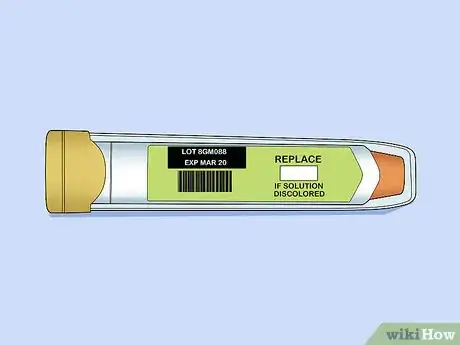
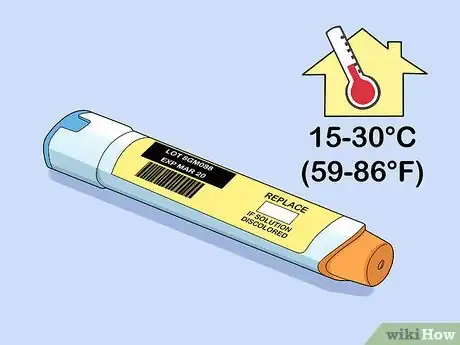




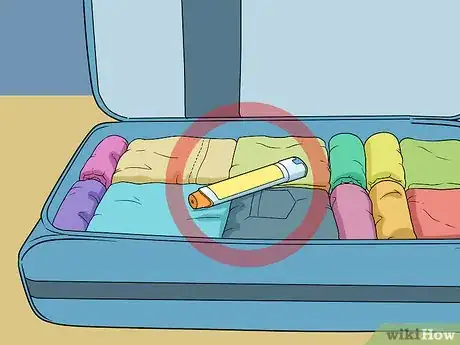

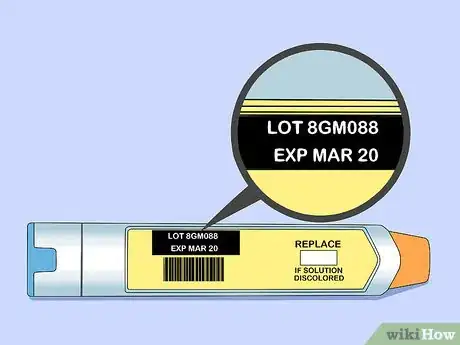
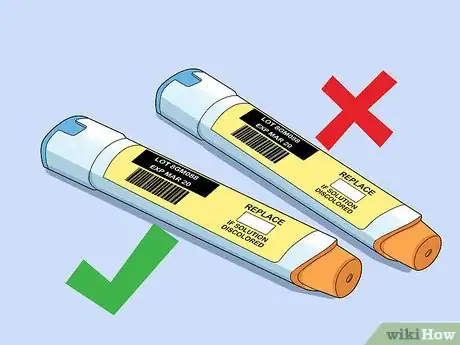
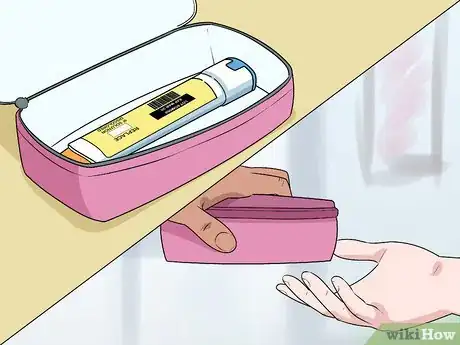


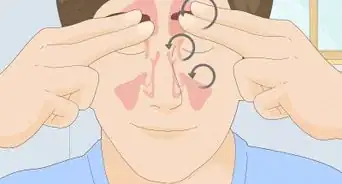

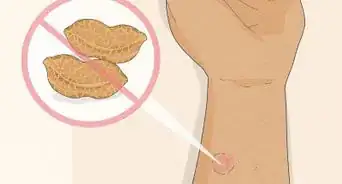

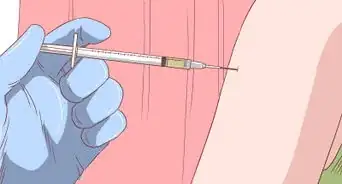



-Step-17-Version-3.webp)


















































Medical Disclaimer
The content of this article is not intended to be a substitute for professional medical advice, examination, diagnosis, or treatment. You should always contact your doctor or other qualified healthcare professional before starting, changing, or stopping any kind of health treatment.
Read More...